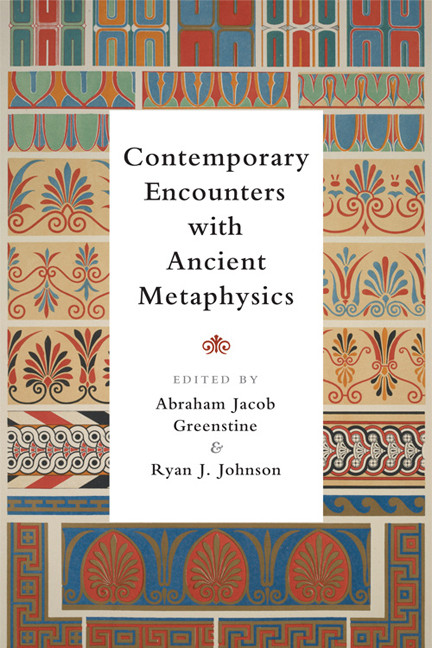1 - A Thousand Antiquities
Summary
“Let all our accounts begin with a dedication to Thales.”
FOUR ANCIENT TALES
We begin with four tales of ancient philosophers.
First, the time When Thales Fell in the Well. Thales was from a prominent Milesian family, and had dedicated himself to the contemplation of nature. Of particular interest was the nature of the heavens: he learned to determine when the sun would be eclipsed and the dates of the solstices. One night, as he was intently examining the stars, he lost track of his feet and fell. Some say he fell into a well, where his maidservant heckled him; some say he toppled off a precipice and died. We should all be so lucky to experience such staggering thought, contemplating the heavens and being knocked off our feet.
Second, the time When Heraclitus Covered Himself in Shit. Heraclitus, who had learned all things through his study of himself, had always been a contentious fellow. Having left his home of Ephesus to inhabit the mountains, he ate whatever he could forage. Soon, however, he became swollen and sick, and so returned to the city to seek medical help. He interrogated the doctors, asking whether they could they desiccate a torrent; they could not understand his meaning. Taking matters into his own hands, he covered himself in cow manure, perhaps expecting himself to thereby be purged. He died: either from the manure, from the dropsy, or perhaps from being mauled by a pack of dogs that could not recognize him as human. Again, the power of the elements proved too much for an ordinary life.
Third, the time When Pyrrho Walked into Traffic. Pyrrho had been an unsuccessful painter, until he joined the philosopher Anaxarchus on his travels with the campaigns of Alexander. (By the way, Anaxarchus, “the Happy,” later bit off his own tongue and spat it at his tormentors, but that is a story for another time.) Pyrrho returned from this journey transformed. Perhaps it was his studies with the Persian Magi and Indian Gymnosophists, perhaps it was the teaching of Anaxarchus, or perhaps it was something else in the war campaign.
- Type
- Chapter
- Information
- Contemporary Encounters with Ancient Metaphysics , pp. 1 - 10Publisher: Edinburgh University PressPrint publication year: 2017



